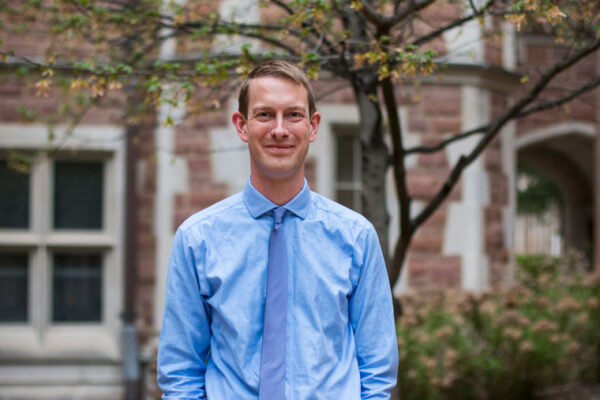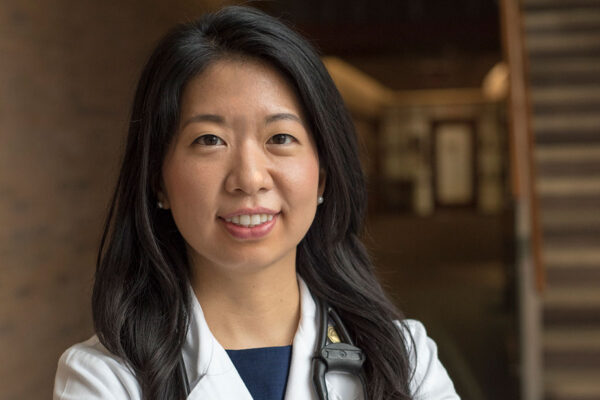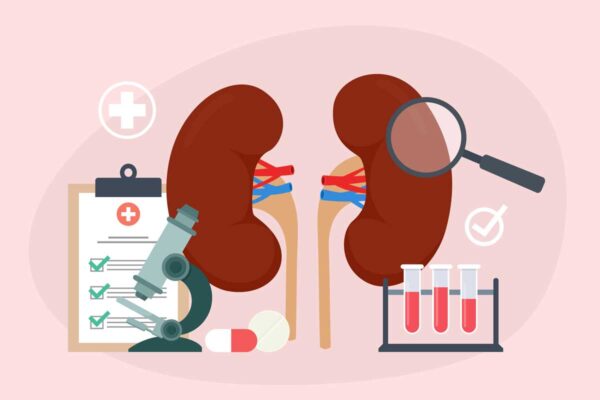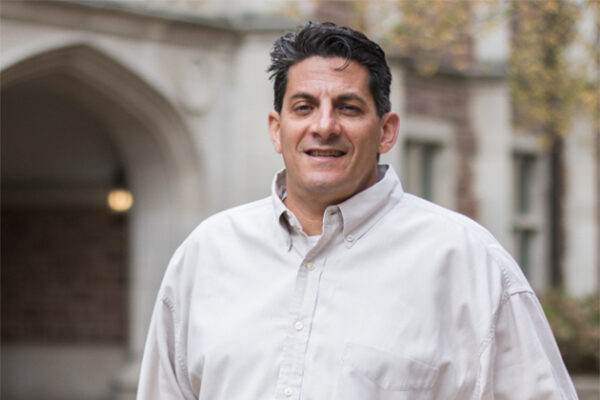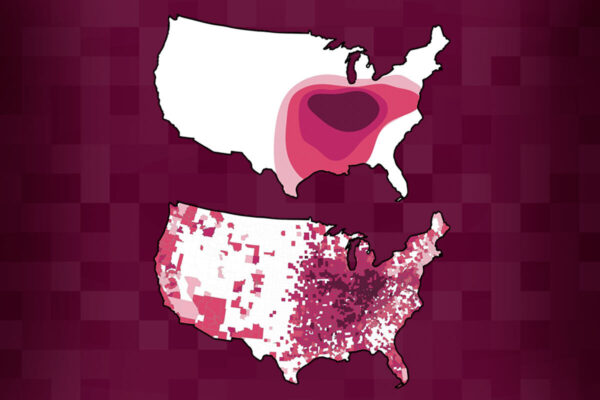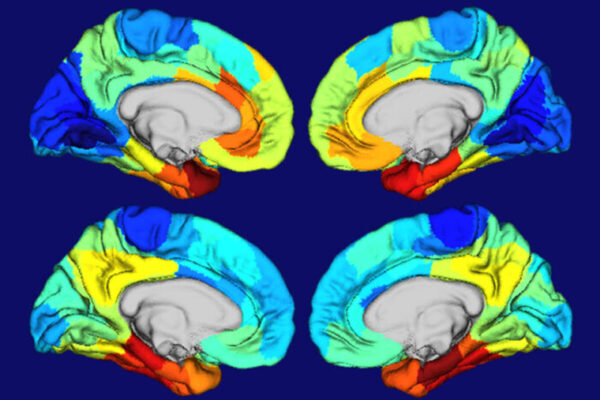Hill receives grant for healthy aging research
Patrick Hill, in Arts & Sciences, received a three-year $237,970 grant from Velux Stiftung, a Swiss science-funding foundation, for research on future time perspective as a motivator for healthy aging practices.
Skemer wins grant from the National Science Foundation
Philip Skemer, a professor in Arts & Sciences, won a $321,515 grant from the National Science Foundation to support collaborative research on subduction zones.
Kwon honored by epidemiology society
Jennie H. Kwon, DO, an assistant professor of medicine at Washington University School of Medicine, has received the 2022 Mid-Career Scholarship Award from the Society for Healthcare Epidemiology of America.
Pediatric Center of Excellence in Nephrology established with NIH funding
School of Medicine physician-scientists have received an NIH grant to establish a Pediatric Center of Excellence in Nephrology. The researchers aim to create high-definition molecular reference maps showing genetic details of normal and diseased kidneys during various stages of childhood growth and development.
United Way campaign ends Dec. 2
The Washington University United Way Campaign continues through Dec. 2. Faculty and staff who donate soon will be entered into a drawing for prizes.
Braver receives NIH award to study aging effects
Todd Braver, a professor of psychological and brain sciences in Arts & Sciences, received a $442,135 grant from the National Institutes of Health (NIH) to study aging effects on the neural coding of proactive and reactive cognitive control.
Abraham, Foraker, Yen elected fellows of informatics society
The American Medical Informatics Association has elected three faculty members at Washington University School of Medicine — Joanna Abraham, Randi Foraker and Po-Yin Yen — fellows of the organization’s American College of Medical Informatics.
Lung infections caused by soil fungi are a problem nationwide
School of Medicine researchers discovered that the three main kinds of soil fungi that cause lung infections have all expanded their ranges in recent decades. Reliance on outdated maps could be causing delayed or missed diagnoses.
Study yields clues to why Alzheimer’s disease damages certain parts of the brain
A study by researchers at Washington University School of Medicine yields clues to why certain parts of the brain are particularly vulnerable to Alzheimer’s damage. It comes down to the gene APOE, the greatest genetic risk factor for Alzheimer’s disease.
Seven faculty honored with 2022 Emerson teaching awards
Seven Washington University faculty members have been selected as Emerson Excellence in Teaching Award recipients.
View More Stories
